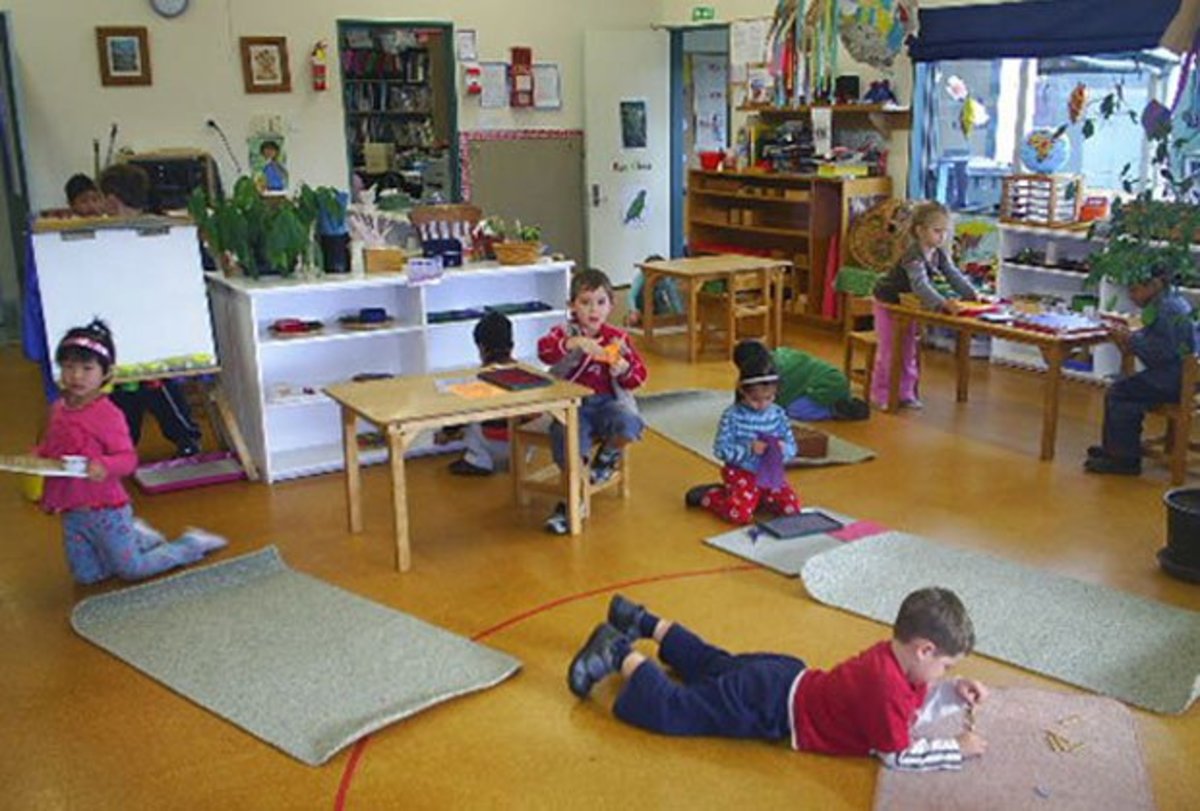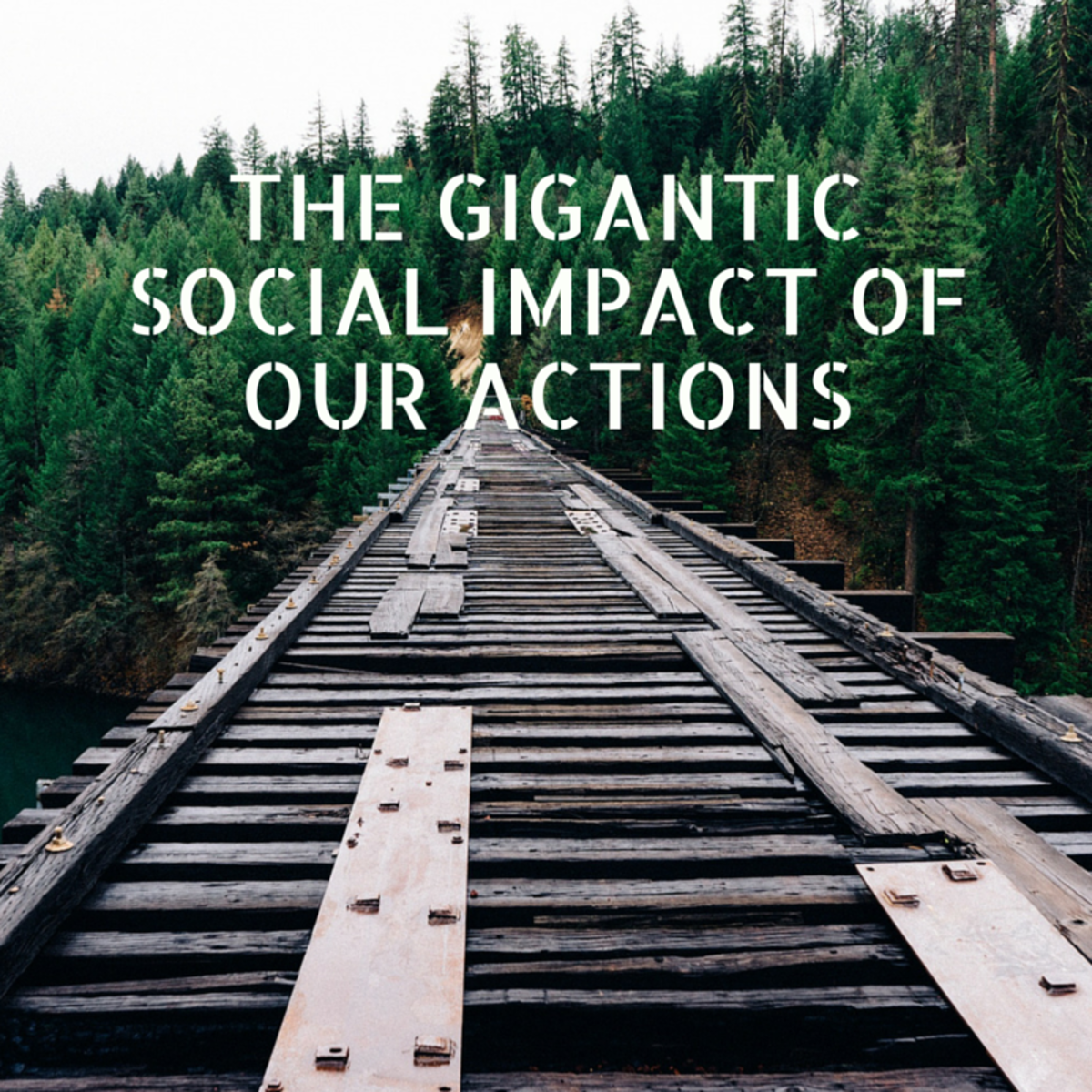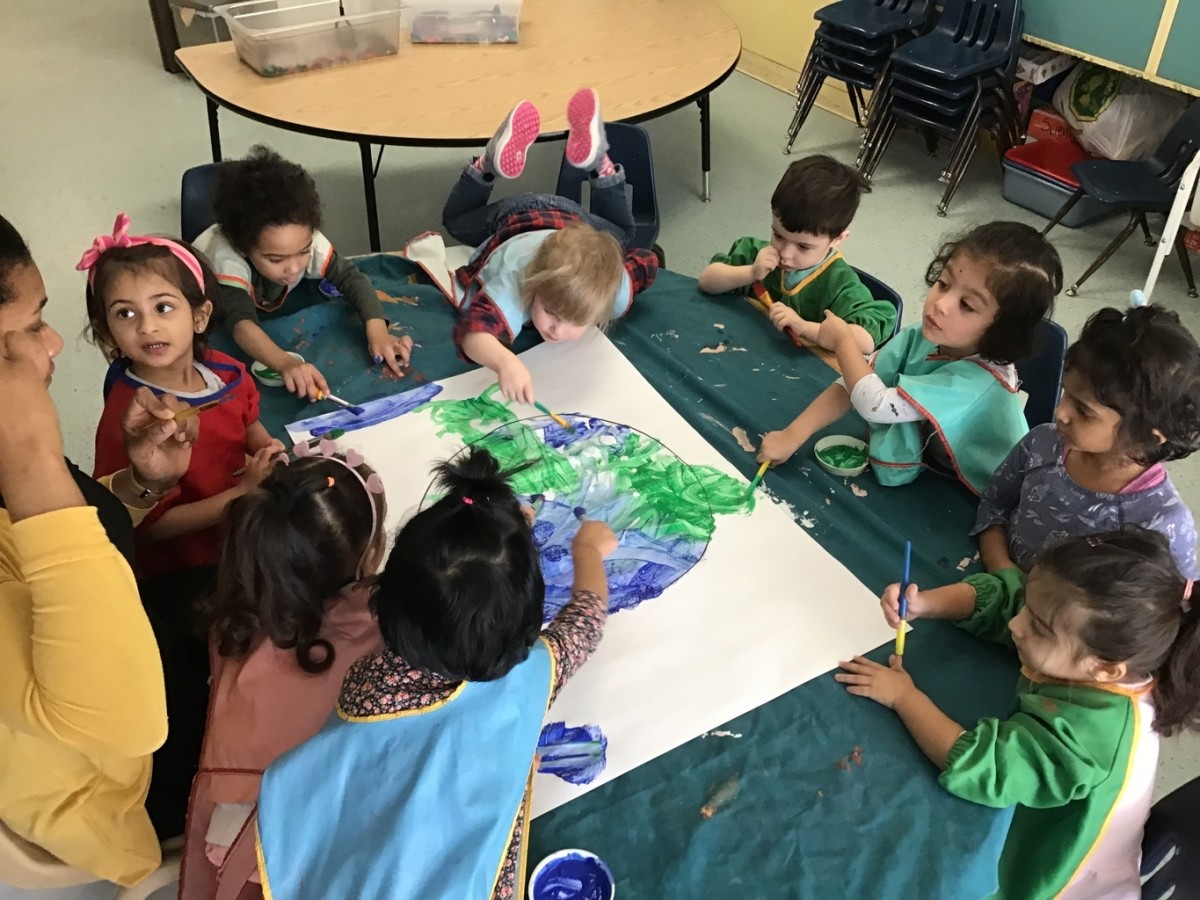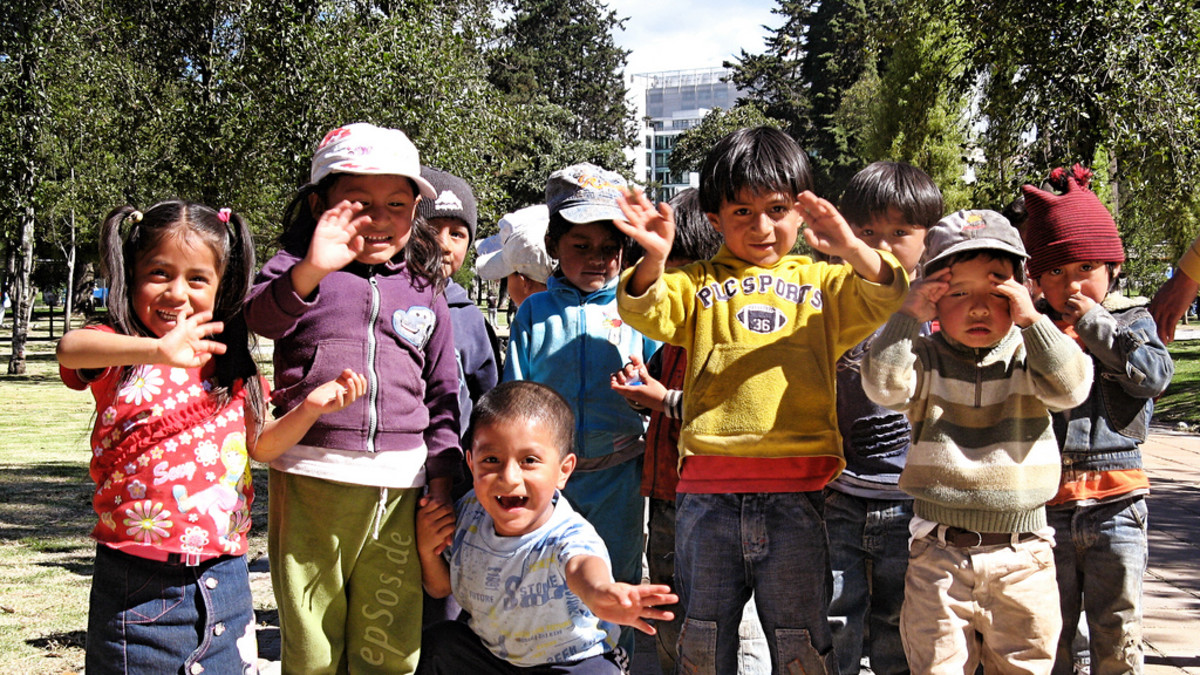The Evolution of Humanity. Social Influences on a Child's Mind.
Adults are the product of childhood learning
Rearing a child, and teaching them right from wrong is a daunting task for any parent. Children grow into adulthood and become products of their childhood teachings and influences. Some things lacking in many child rearing households are overtly apparent by the attitudes of many ill informed adults around us in this word.
Placing too much emphasis on the wrong concepts can damage a child for a lifetime. Simply attributes are the most important in shaping young minds, and influencing their attitudes toward peace, harmony, love, and humanitarianism. The following are few examples of that as opposed to instilling fear, guilt, hatred, and intolerance thru outdated religious concepts that were only designed to keep us subservient to the establishments of government and religion.
''Creating and sustaining a society that is beneficial for everyone.
What we need versus what we don't need that is harmful.
We should be shaping religions and politics instead of being shaped by them.
Positive influences are more beneficial to a child than negative influences.'
Love is not "taught", it is inherent - hatred and intolerance is a "learned" behavior.
Diversity is part of the beauty of humanity, not a disparagement.
But best of all is: "do unto others as you would have them do unto you."
- Teaching 'creationism' as fact is not appropriate for children - and other truths.
Our Creator speaks to us in a variety of ways. We just have to open our minds and listen to what comes in. Facts should always prevail over fantasies.
Importance of positive input
We are ALL just an individual summary of 'random' input data; with the exception of some very specific radical indoctrination choices by the parents.
Most of us live our lives based on what we believe is "acceptable" to someone else.
The influences forced on us, as children, are insurmountable. Although these influences are a mere fraction of the whole of our life experiences, they are of great importance in the shaping of the mind.
By history, the people imparting those influences were given the "right" to input 'anything' at all into the minds of children, by their parents, who trusted that what they were teaching the children was appropriate, simply because it was the same knowledge that has been passed down from generation to generation.
That 'given' right, is totally influenced by the prevailing society from which those 'teachers' were brought up in. And whose members have "learned" to band together based on a common belief that has been accepted as a commonality of its own collective.
The end result is that every single teacher has their own version of what a society should, or should not be - or whether to reject, tolerate, or respect the views and beliefs of others as valid.
Leaving one to question whether those influences have benefited society as a whole, or caused irreparable harm to the individual.
- Programming your Computer vs. Brainwashing your child. Religion, Logic, and Abused Children.
The perils and pitfalls of Brainwashing your children before the age of reasoning sets in. These conflicts cause emotional turmoil, scars, and a life time of torment.
Not Appropriate for Children
Input without purpose is dangerous
Humanity has attempted to define itself as being "aware of its own existence'', but lacks the intrinsic knowledge to understand why we are "motivated" to do so.
The data input that is imprinted on a child's mind has everlasting impressionable influences throughout that child's lifetime in:
- the way they think;
- what they believe;
- how they think they are supposed to behave;
- how they perceive themselves as an individual;
- how they perceive others around them;
- and how they perceive themselves as a group.
This is all well and good, if humanity was meant to be a society of automatons.
The local societies we create today tend to:
- deny individuality;
- slow growth in all emotional aspects of life;
- hinder creativity;
- limit acceptance of others;
- retard the embracing of actively seeking knowledge;
- and inhibit civility toward others not of their group.
It is difficult to be more than what each family unit, and the society in which they dwell, 'expects' us to be.
With all the great and wondrous technology available today, one would think that some kind of "enlightenment" would inevitably take hold. Perhaps it will one day. Perhaps it already has, and we just don't see it manifesting itself yet.
What we are NOT teaching our children
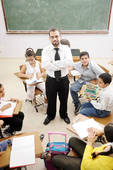


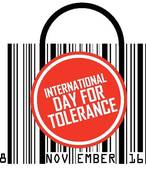
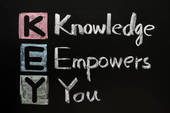

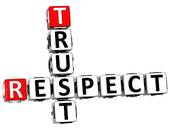


Shaping a child's mind
There is an underlying influence that somehow humanity seems unable, or unwilling, to shed itself of:
It is like having a physical symptom of something abnormal happening within your body. A growth perhaps. An unknown growth that represents a threat to one's physical being.
But, you ignore it in "hopes" it will miraculously go away; disappear from your body and all will be well again.
However, this kind of miracle rarely happens. The tumor grows to a size that can no longer be ignored, spreads, and eventually destroys the host body. And so, this body dies prematurely because that individual did not see, or understand, the danger of this insidious invasion. A totally unnecessary demise.
Now, let's go back to humankind and view it as a whole "body".
What is this insidious growth destroying humanity?
Ask any one individual and each will have a different answer that is undoubtedly false, or only partially true. There is not just one tumor in the whole of humanity. It is the culmination of ignorance (s), due to many subversive influences that affect humanity as a whole.
It has nothing to do with a particular race of people; any particular religion; any particular sub culture; or any individual person. And most importantly, it has nothing to do with that greatest of all scapegoat for unawareness: "Good versus Evil" as described by the ancient harbingers of doom and gloom.
There are multiple factors that influence societies, as a whole, that are not in the best interest of humanity, that must be dealt with before any "healing" or progressive spiritual growth, [or rather healing], can begin to take place.
Here is my top 10 list (not in any particular order - all are top priority).
1. Education and knowledge:
Learning diverse concepts such as philosophy, ethics, physics, biology, psychology, sociology, match, art, etc., as being of equal importance; along with proper speech and writing skills, and encouraging the expression of individuality. Teaching logic and rational thought.
2. Greed:
As an unacceptable state of being; and recognizing it (greed) as the greatest negative influence on any society. Greed is never good. This concept (greed) is not a necessity for survival, and most certainly NOT for spiritual growth. It is a concept of selfishness and creates nothing but harm when inflicted into any society. Healthy competitiveness is one thing. Greed should not be an acceptable substitute for competitiveness in any society.
3. Fear:
Teaching children to be afraid of things is extremely harmful. It causes them to not try for betterment for fear of failure, ridicule, or other negative reactions. Being wary of things that are, or may be, harmful should be taught, but never fear of the unknown, the unseen, or the imaginary. Teaching them 'fear' of others because they are different teaches them distrust of others
4. Guilt:
There is nothing that a child needs to ever be made to feel guilty about in terms of their desires to learn and understand:
- their ability to reason with logic;
- their self worth;
- and accepting themselves as being a unique and beautiful individual.
Teaching societal 'rights and wrongs' should not involve guilt for something they may, or may not do, or be, but rather what they do to harm another individual.
5. Denial:
Denying reality for the sake of fantasy is implanting seeds of distrust of anything that is not part of their limited lives.
Too often children are seen as "too young" to be aware of "certain things" that parents view as 'adult' topics.
If a child has the fortitude to ask a question, they deserve an honest (and factual) answer.
The intricate details need not be necessary, but the general concept cannot be ignored.
Children always know when they are being lied to, and lying to them will only stop them from asking uncomfortable questions in the future, or reporting, or sharing anything they may perceive as being 'unacceptable topics' by their parents.
Answers to uncomfortable questions should come from their parents, not from their peers, religious teachers, or other sources that may be telling them something that is inappropriate or harmful to them.
6. Lack of self awareness (on a global scale):
Parents tend to try and shield their children from the realities of the world.
Although it is good to instill a sense of self worth, and caution against potential hazards, it is also imperative to put our existence in perspective with the global picture. If we limit our teachings to their immediate surroundings it narrows their field of perspective in relation to the vastness of the world they actually must live in.
7. People who thrive on the overpowering of others:
People who tend to "control" others must be introduced to children, not as a "good thing", but rather to know the difference between "guiding others", "teaching others" and "leading others by example", as opposed to "bullying", "intimidating", "frightening" or otherwise trying to exert "control" over others.
Good leaders should be those who 'work with' their subjects rather than 'over power' them for selfish reasons.
8. Unawareness of diversity around the world:
Teach children that diversity is not a bad thing. It is an interesting phenomenon and should be viewed with respect, awe, and unconditional acceptance. Never by judging by comparison, to our own limited views.
9. Limited (narrow) input into a child's brain:
This is one of the worst hazards on the developing brain of a child.
Brainwashing is child abuse at its very worst. It denies diversity; causes hatred, intolerance, guilt; and promotes ignorance and mental instability.
A child cannot understand the complex concepts of religious beliefs before their age of reasoning sets in (that average age is around 7 years). And should never be subjected to those fears, guilt and intolerance of others, for any reason.
10. The wrong emphasis on childhood influences:
Placing the wrong emphasis on things that you teach your children is dangerous and extremely foolhardy.
Promoting fantasies, superstitions, mysticism, or fairy tales as reality, narrows the child to unrealistic expectations, or intolerance to everything outside their own limited sphere.
There are universal truths to be taught first: Love, trust, acceptance, loyalty, tolerance, and above all - everyone is of equal value and should be treated as such. There are no exceptions to this logic.
Intelligence versus Fantasy
- Intelligence, Logic, and Fantasy-Conflicting Religious Ideas Children are Unable to Reconcile.
Will we ever have logic and intelligence as a societal norm? Can we ever rid this earth of hatred? Hatred seems to be the greatest legacy we pass on to each generation.
Learning to judge others
So, here we are.
Do you think you know who I am?
Do you think you have the right to judge me, or others?
Do you even know the real you?
If you answered 'yes' to any of these questions, you are dead wrong and part of the global problem; and certainly not part of the solutions for creating a peaceful global humanity.
Perhaps, just perhaps, we need to stop looking at the world through our individual eyes, our individual lives, our individual religions, our individual societies, races, governments and countries.
Let us start the healing of a troubled planet by looking through the eyes of our global society; by being proud of our own individuality; as nations, societies, diverse cultures and our own family units, based on love and mutual respect for all others, instead of judging them by our limited (and learned) individual standards.
After all, we ALL collectively are a "true global society" with much diversity and beauty.
Trying to personalize the whole planet by ones own limited (world) view is a long gone thing of the past. It is a major deterrent to spiritual growth and taking our rightful place in our communities, our country, our global society, our solar system, our galaxy and the entire universe.
When Life and Logic collide
- When Life and Logic Collide. The birth and evolution of our global society.
We all seem to live in our own little fantasy worlds. Things are seldom as they seem. We are controlled by everyone with a self serving interest.
Truth is in the future - not the past
The real truth and knowledge lies in the future, not in the past.
Except for the acceptance of the superfluousness of the past for what it truly is:
- a learning tool,
- a stepping stone toward the future,
- and a guide as to what not to bring into a future.
A future that is truly bright with individual freedom, happiness, peace, and unimaginable knowledge to be gained. But most important, knowing the hazards of stagnating where we are because of our incessant obsessive need to try and hold onto the old views of the past.
We must all first learn to graciously let go of the past, learn from past mistakes, and embrace the future with open eyes, open hearts, open arms, and open minds.
To boldly go where no man has gone before.
by: d.william 06/28/2011
One world
Learning should begin at birth and end at death.
© 2011 d.william

